The Writers Guild of America is now on strike as it battles for better working conditions and secure employment for its 11,000 members. This will mean huge swathes of the entertainment world will be affected, with ongoing TV shows like soap operas and late-night talk shows the first to be hit. But the longer the strike continues, the more widespread the effects will be, with major movies and TV shows facing production problems and delays.
One of the more interesting cases will be the second season of Andor, which is currently shooting in the United Kingdom. Writer/director Tony Gilroy is the mastermind behind the show, a WGA member, and is fully supportive of the strike action. Speaking at the Writers Guild Awards ceremony in March, he referenced the negotiations and said:
“There’s probably a couple things I wish were in there that aren’t; there’s probably some things in there that I don’t understand that are very valuable. There are a lot of different disciplines and a lot of different things that build the guild now, so there are separate constituencies and different groups that need to be taken care of at different times.”
Another Andor writer, Stephen Schiff, chimed in, saying that the guild’s demands were “right on the money” and that he would support any strike, but hoped it wouldn’t be necessary:
“We’re all very nervous; we’re all worried. No one wants a strike. We hope that we can cooperate with management and believe that they can cooperate with us.”
This sadly proved overly optimistic. So, with the strike now on, has work stopped on the critically acclaimed Star Wars show?
The ‘Andor’ shoot is about to get much more difficult
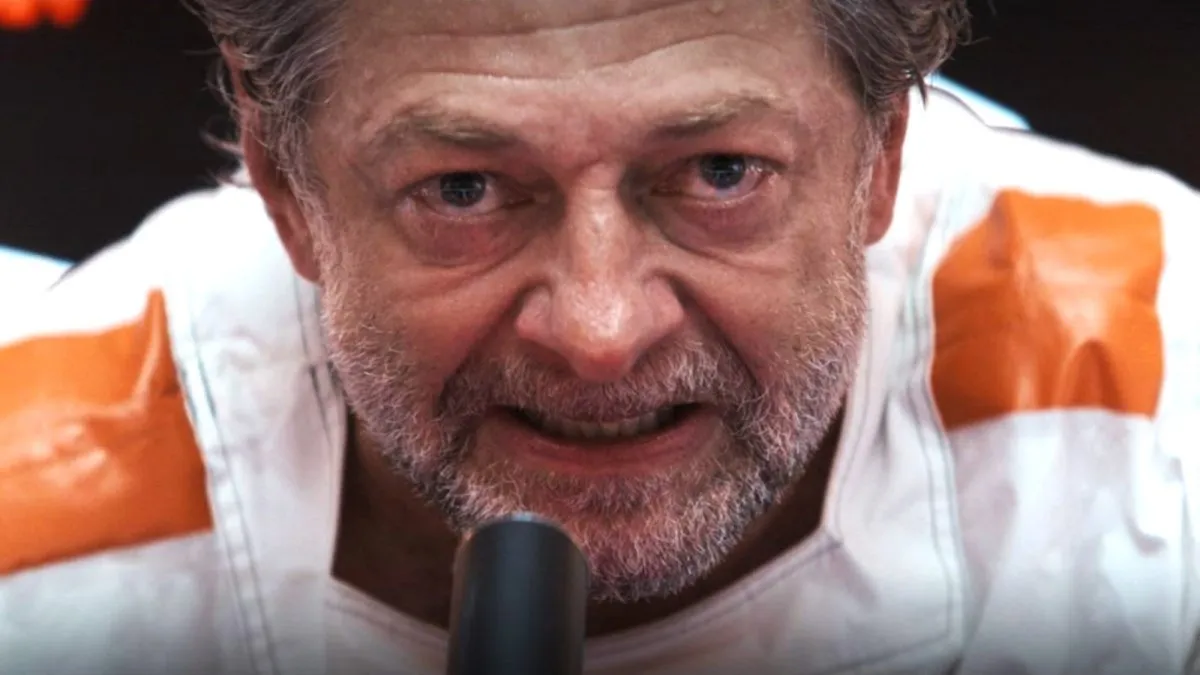
Gilroy spoke about the potential impact during the FYC Emmy event for Andor last weekend, confirming that by the time the strike began, he’d just completed work on the season two finale. But it sounds like a pretty tight deadline:
“Two days ago not because of the strike, but because our thing rhymed with the strike, I finished the last script of the twenty-four. We started three and a half years ago. It’ll be five years by the time we’re done to finish.”
No doubt Disney and Lucasfilm breathed a sigh of relief at the news, as Andor would have been in a seriously tough spot if it was filming without a completed set of scripts. This means that at least theoretically the show will be in the can and ready for VFX post-production work on schedule, though other elements mean Andor isn’t out of the woods just yet.
Gilroy is a writer/director on Andor, and as per the WGA’s rules this makes him a “Hyphenate”, who is “prohibited from performing or providing any writing services during the strike.” There is a clear but strict set of rules on what work a hyphenate can perform during the strike, with Gilroy now unable to do the following:
- Cutting for time.
- Bridging material necessitated by cutting for time.
- Changes in technical or stage directions.
- Assignment of lines to other existing characters occasioned by cast changes.
- Changes necessary to obtain continuity acceptance or legal clearance.
- Casual minor adjustments in dialogue or narration made prior to or during the period of principal photography.
- Changes in the course of production.
- Instructions, directions or suggestions that are made verbally or in writing, regarding a story or screenplay.
We imagine it’s very difficult to direct a scene without contravening any of these rules, as Gilroy must now stick like glue to the scripts he’s already turned in. He cannot now suggest any changes in dialogue to the cast, can’t consult with Lucasfilm’s story group if there’s a continuity issue with the wider Star Wars canon (particularly tricky given Andor‘s place in the Star Wars timeline), can’t deviate from the stage directions in his scripts, and can’t choose to cut scenes or dialogue if he realizes they’re not working.
The penalty for breaching these rules is that:
“The hyphenate will be subject to Guild discipline under the Strike Rules and the Guild’s Constitution and By-Laws.To avoid possible disciplinary action, hyphenates are advised to consult with Guild staff in advance for guidance on the extent of functions prohibited. Although it is impossible to contemplate every situation, it should be clear that the most inclusive interpretation of “writing” is intended.”
With TV and movie production being what it is, there will inevitably be situations where Gilroy’s hands are tied and he cannot intervene to make changes he wants to while shooting scenes. It’s worth underlining that, like Andor’s first season, he has assembled a team of directors for various arcs, but even so, he’s inevitably going to be heavily involved with the day-to-day running of the show and its overall direction.
As such, we suspect Andor will complete its shoot and then return for fairly extensive additional reshoots once the strike is over. Whether that’ll affect the August 2024 release date remains to be seen, though hopefully post-production VFX, editing and sound work can take place around any reshoots.
Elsewhere in a galaxy far, far away

While Andor is the first Star Wars property to be directly affected by the strike, many other major upcoming projects will also be left in limbo. For example, in March Stephen Knight was tapped to write The Rise of Skywalker sequel due in December 2025, though as a WGA member, his work on that now must pause until these issues have been resolved.
Dave Filoni and Jon Favreau are also both WGA members, though they saw this strike coming and have apparently already written The Mandalorian‘s fourth season, which is set to begin filming as early as later this year.
We were huge fans of Andor, which was the best thing to happen to Star Wars in years, and are very much looking forward to the show returning next year. But the rights of workers are more important than our entertainment, and if these production complications encourage Disney and Lucasfilm to return to the negotiating table to hammer out a better deal, then we’re all for it.

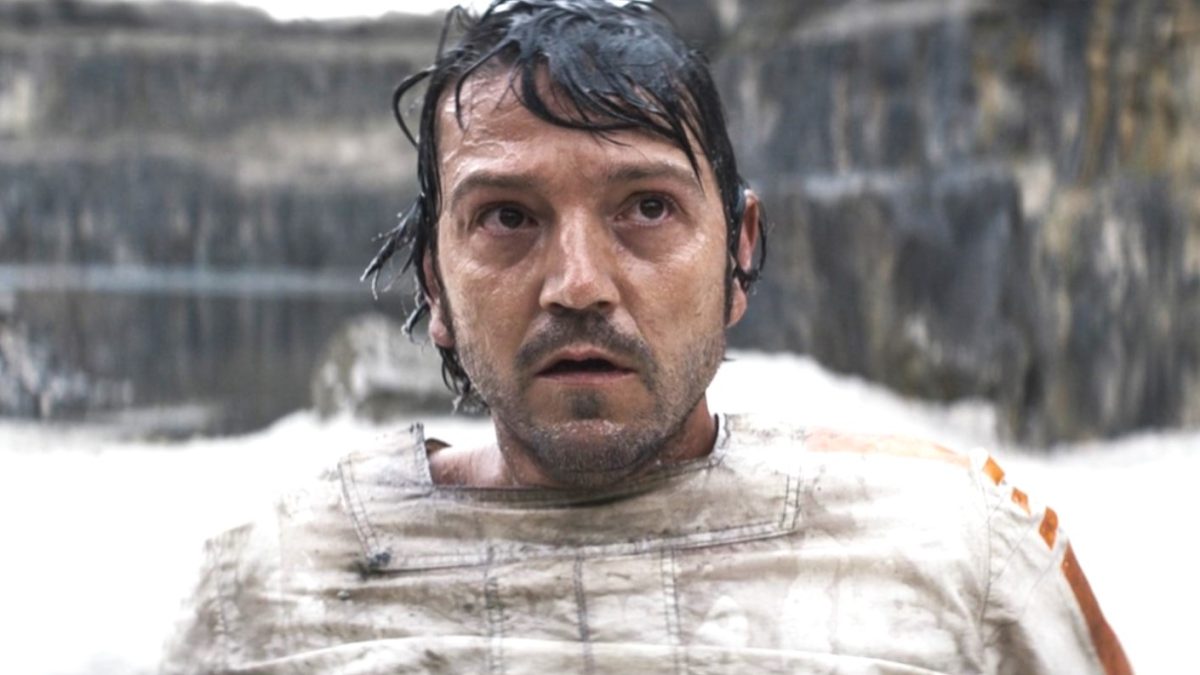
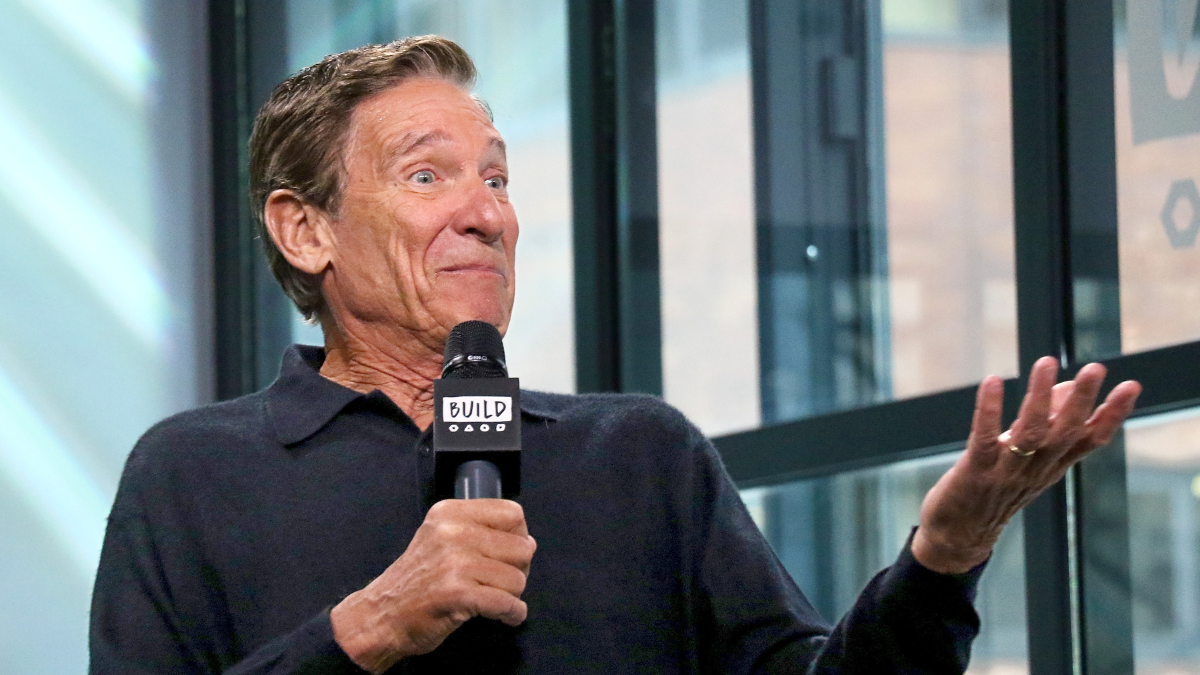
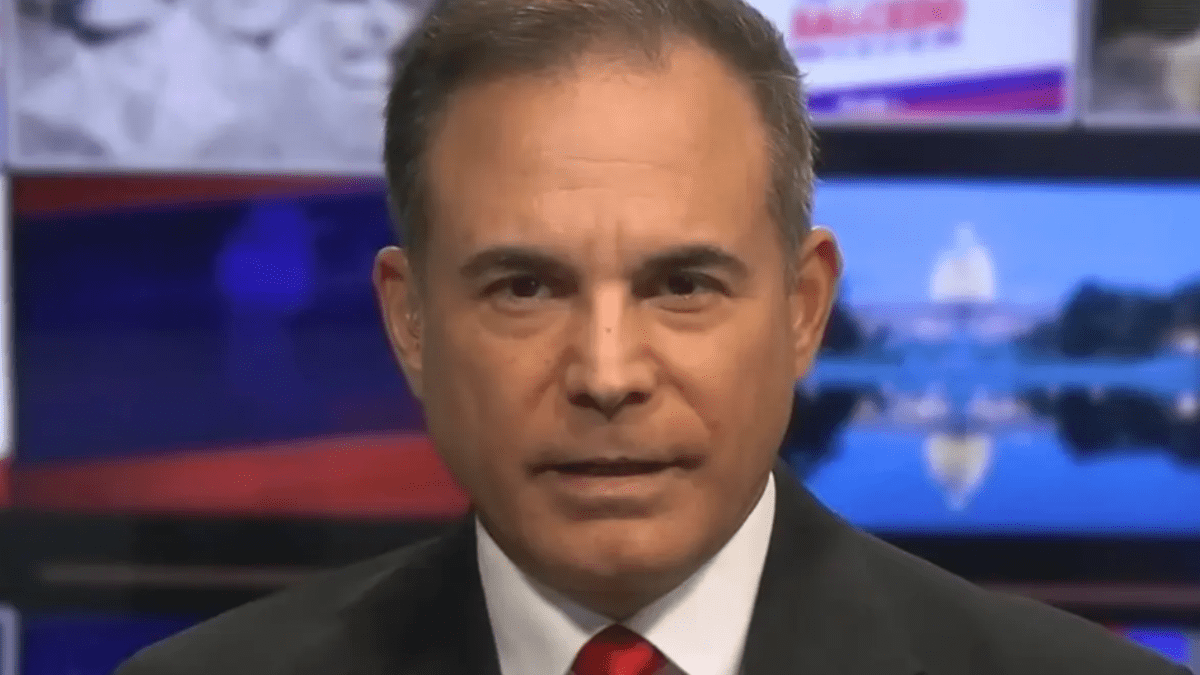


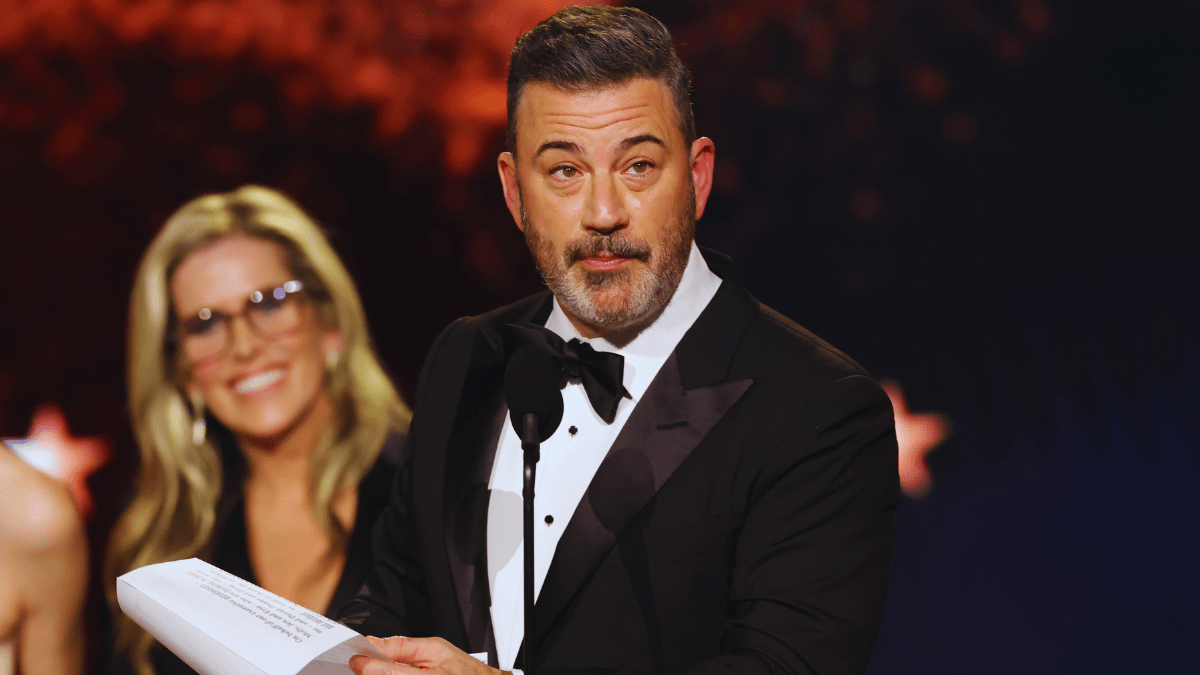




Published: May 3, 2023 06:02 am